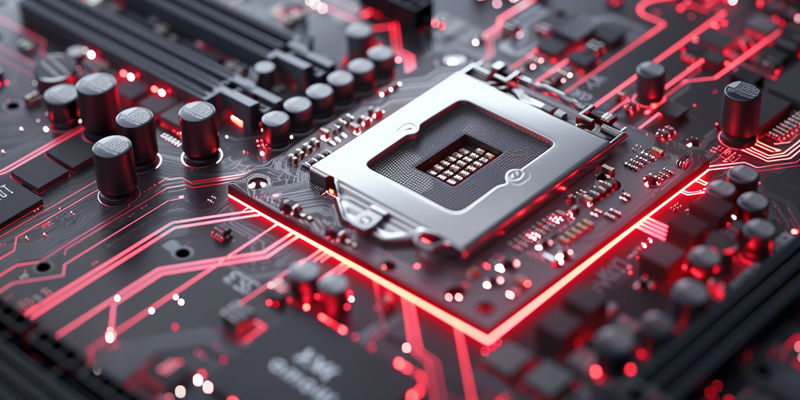Intel’s 14th and 13th generation CPU chips have been mired in ongoing stability issues, significantly affecting both desktop and laptop platforms. Over the past several months, users have reported persistent crashes and noticeable performance degradation. While the problems initially impacted desktop CPUs, they have recently extended to mobile processors as well. Intel, however, maintains that the issues observed in their mobile processors differ from those affecting desktop units.
Desktop Concerns
Concerns have been particularly pronounced regarding the desktop version of Intel’s 14th and 13th Gen CPU series. Users have experienced a variety of symptoms, including unexpected system crashes and a drop in performance. Experts suggest that elevated operating voltages could be responsible, potentially degrading the CPU components over time. Despite efforts by Intel to address these stability problems through various patches, a definitive and comprehensive solution has not been achieved, leaving many users and experts uneasy.
Mobile Processor Issues
Matthew Cassells, founder of Alderon Games, recently pointed out that similar instability symptoms—such as system hangs and crashes—were also apparent in laptops equipped with Intel’s 13th and 14th Gen CPUs. This has intensified worries about the dependability of Intel’s mobile processors. However, Intel promptly responded through a statement issued via Digital Trends, clarifying that the mobile processor issues are distinct from the desktop-related problems. They attribute these symptoms to common software and hardware issues, suggesting that they do not stem from inherent flaws within the CPUs.
Intel’s Response
Intel encourages users facing these issues with their mobile processors to reach out to their system manufacturers for support. The company firmly asserts that the instability reported in mobile CPUs does not originate from the same causes as those in their desktop counterparts. Despite Intel’s reassurances, industry analysts remain skeptical, highlighting a prevailing lack of confidence in the market and fears over potential widespread hardware degradation.
Future Implications
The article emphasizes that even after several months of dealing with these instability challenges, Intel has not fully resolved the issues. The imminent release of their Arrow Lake-S CPUs will be a significant test of Intel’s capability to manage potential backlash and maintain consumer trust. Some industry experts even speculate that if the instability issues signify serious CPU degradation, a recall might be on the horizon, posing a substantial challenge for the company.
In summary, while Intel acknowledges a limited number of instability reports concerning their 13th and 14th Gen mobile CPUs, the company insists these are routine hardware/software issues, separate from the ongoing problems with their desktop CPUs. The focus remains on continued monitoring for potential further instability in laptops and evaluating Intel’s future mitigation strategies. The upcoming launch of Arrow Lake-S CPUs will be a critical juncture for Intel, possibly shaping their dominant market position amidst ongoing stability concerns.

